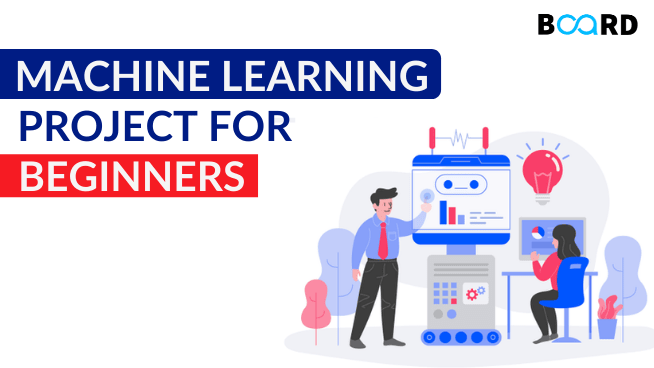Machine Learning and AI: From Basics to Mastery
6 Interesting Machine Learning Project Ideas For Beginners

Machine learning, being the de-facto implementation mechanism of artificial intelligence, can be used to solve extremely interesting & intriguing problems without having to manually code the logic to cater to complex situations. The key point of difference of machine learning (as compared to other traditional methodologies of problem-solving) is that these ML systems need not be directed; rather they automatically access large data structures & systems, and automatically learn from the existing trends & patterns and self-govern themselves.
The subsequent sections would throw light on a few interesting machine learning ideas which can be applied by beginners or ML enthusiasts at a small to medium scale.
Machine learning project ideas for beginners
Before coming to the enlightening project propositions that freshers and beginners in ML can take up; it is important to understand the key value that machine learning brings to the table. Machine learning algorithms are largely employed in situations wherein the execution logic is not a static one – rather, it is dynamically governed by the underlying transactional data & its patterns.
Hence, with this backdrop; the next section would detail on six interesting project ideas wherein machine learning can be leveraged to a considerable level -
1. Predictive analytics forecasting future sales of a supermarket or mart basis historical data & events
Although there are statistical forecasting techniques such as ARIMA which can be used to a decent effect; still the inculcation of machine learning in forecasting opens up a lot of other avenues which the traditional statistics technique invariable ignore or assume. Beginners can access pre-defined sales datasets wherein historical sales data for different outlets are given along with other predictor variables so as to design a regression model out of it.
2. Sentiment analysis on social media content
This is also a frequently ventured project specifically by business organizations to understand what the world is saying about their brands, products & services. For beginners, they can extract social media data from Twitter, Instagram, Facebook etc., and start with an AI-based classification problem which could simply classify a particular content (be it a comment or a tweet) as positive or negative content in terms of the sentiment it is carrying.
3. Artificial-based recommendation engine
Not many users acknowledge or are aware of the fact that the custom recommendation that they get on e-commerce portals, or content-based portals are built on sophisticated and extensive algorithms. For this project, beginners need to understand the concept of ‘collaborative filtering’ and create correct pairings between user-user, item-item, and user-item so that the recommendations are relevant to the users.
4. Stock price forecast/prediction
Beginners who are planning to carve a rewarding career in the field of financial econometrics can be take up stock price forecast/prediction as a valuable use-case wherein machine learning can be leveraged to a considerable limit. Although the proposition may seem interesting, there are challenges in the successful implementation of a stock price predictor. The plethora of dependencies on which a stock price depends (such as company performance, consumer sentiments, macroeconomic variables, volatility indicators etc.) makes it difficult for analysts to strive for accuracy.
5. Classification or segmentation problems
These can be solved using machine learning algorithms. In order to implement this, beginners can access the ‘Iris database’ which is readily available on the web. The data has multiple attributes of flowers of different specifies; and the analyst need to apply appropriate machine learning techniques to classify them in one amongst the three specified species.
6. Dynamic pricing in retail
This is another hot research topic in the field of machine learning. In this, the price of the product is set depending on the demand of the product (at that point in time) vis-à-vis the supply dynamics.
